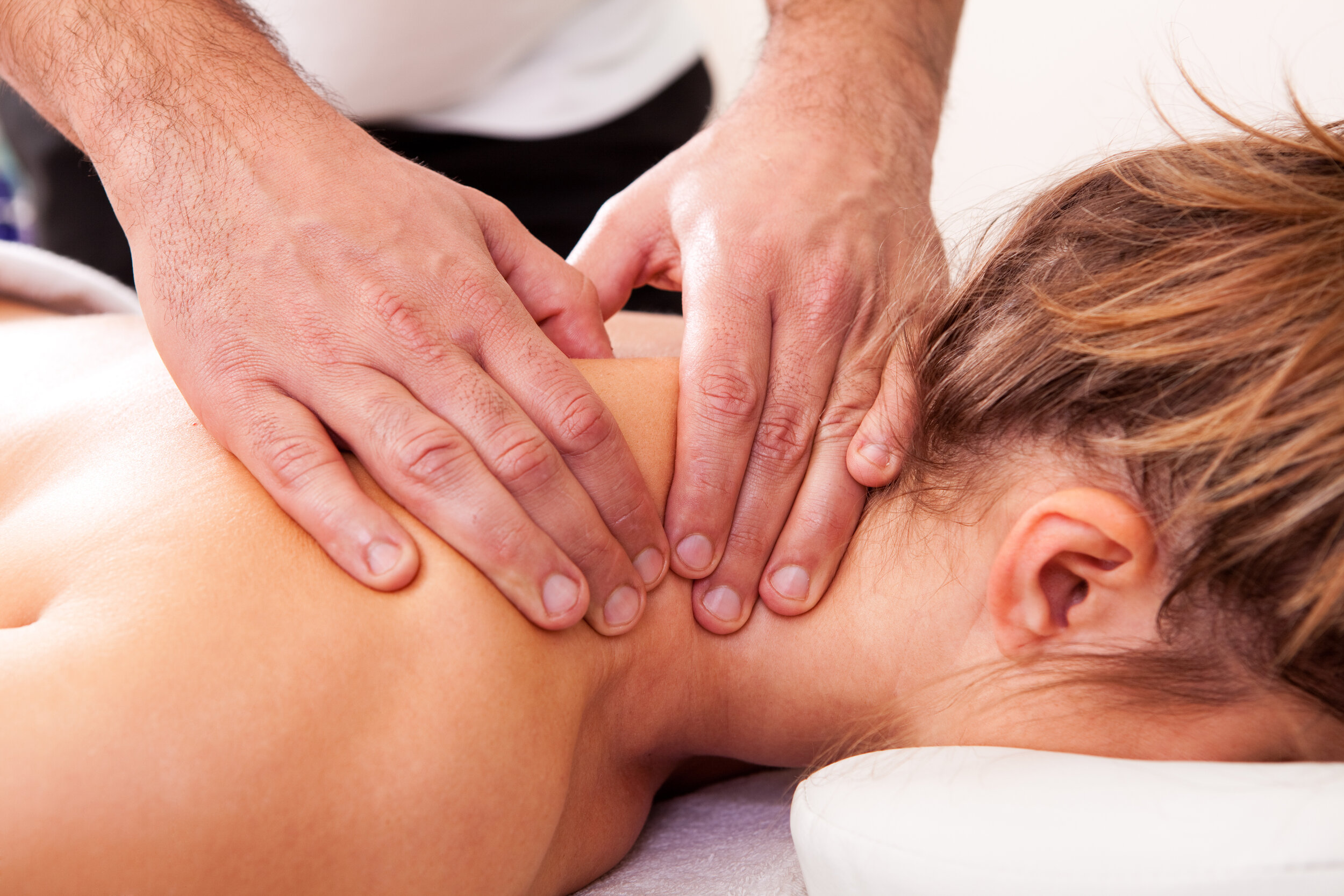
Post Concussion Headaches
Post concussion syndrome is when symptoms persist for months or years after a head injury
In New Zealand more than 35000 head injuries are reported every year. Of these 20% are from sports related injuries, with rugby, cycling and equestrian at the top of the list. Research has mostly been in the field of sports related concussion, but the research findings relate to all concussions. Concussion is caused by the impact of force to a part of the body, not always to the head directly, that causes your brain to shake in your skull. The brain becomes bruised and nerves and blood vessels are injured. from the impact of brain against skull. The force of concussion also causes injury to the neck and research has found that women are at higher risk of more severe symptoms and longer recovery times because of weaker neck muscles than their male counterparts.
Research has demonstrated that the presence of neck pain with concussion is the leading factor in the delay of symptom improvement. Patients with neck pain are 2-6 x more likely to develop post concussion syndrome. Symptoms that commonly accompany neck pain are headache and dizziness.
Post concussion syndrome is defined as persistent symptoms that continue outside of the expected time frames for recovery; more than 10–14 days in adults and more than 4 weeks in children.
The team at Auckland's new Headache & Migraine Clinic have specific training in treating post concussion syndrome, and are here to help you.
What are the symptoms of post concussion syndrome?
The most common symptoms of post concussion syndrome are headache, neck pain, dizziness and nausea.
Persistent headache
Neck pain
Dizziness
Nausea
Fatigue
Vision changes
Disturbances in balance
Confusion
Insomnia
difficulty concentrating, slow reaction times
Depression and anxiety
The involvement of the cervical spine in post concussion syndrome
Recent research has highlighted the cervical spine as a potential source of persistent symptoms, particularly with headache, neck pain, dizziness and nausea. The energy needed to produce a mild traumatic head injury will likely cause an injury to the neck, not unlike whiplash. Neuropsychologist, Kim Gorgens at the University of Denver (DU), reports that most concussions deliver 95 g's to the human body upon impact. G-force is a unit of force equal to the force exerted by gravity. In addition, the average football player receives 103 g's when hit during a game. while it can take less than 10 g’s of force to damage important ligaments in your neck.
Persistent symptoms leading to a downwards spiral
If you have experienced concussion or multiple concussions you may be experiencing post traumatic concussion syndrome. Often patients have visited countless medical professionals, been advised to try various medications while they rest and wait for symptoms to ‘disappear’. Commonly, patients describe frustration and feel they are fighting an invisible disease that no one understands. Unfortunately, most patients with post concussion syndrome have never had a skilled assessment of their upper cervical spine. Acknowledging that the symptoms of post concussion syndrome are similar to those of other primary headache conditions, it seems obvious the underlying cause could well be the upper cervical spine by way of brainstem sensitisation.
Our approach, a way forward in recovery from post concussion syndrome
It makes sense that if you have sustained an injury to the joints, ligaments of discs in your neck during a concussion event, your cervical spine could be the reason for ongoing persistent post concussion symptoms.
A skilled examination of your upper cervical spine will either ‘rule in’ or ‘rule out’ your upper cervical spine as a cause of your post concussion headaches. Our approach involves finding the neck segments responsible, treating them, and desensitising the brain stem for long term results.

